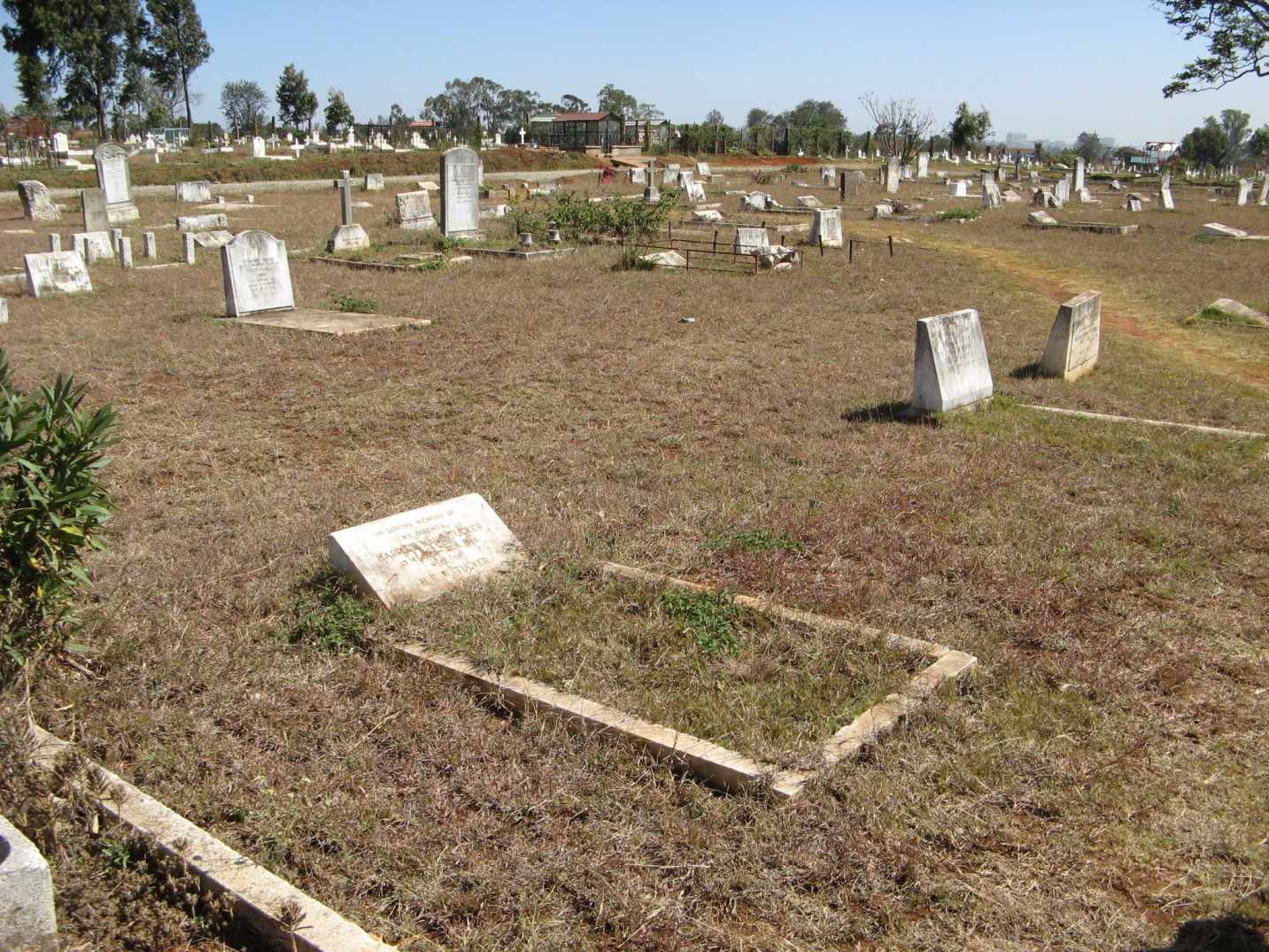Nairobi’s Public Health Chief Officer Tom Nyakaba on Wednesday announced that the city has finally found a lasting solution to its cemetery crisis by acquiring 150 acres of new burial land at Kamiti Prison and Embakasi Garrison.
Nyakaba said the land, which includes 100 acres at Kamiti and 50 at Embakasi, is already being prepared to start receiving burials and will be available to the public soon.
“We have secured 100 acres at Kamiti Prison and 50 acres at Embakasi Garrison to serve as new burial sites. These spaces are being prepared and will be ready for use shortly,” Nyakaba told the committee.
The announcement comes amid rising concerns over the state of Lang’ata Cemetery, which has remained in use despite being declared full over two decades ago.
Lang’ata Cemetery has long been Nairobi’s main public burial ground. Although declared full in 2001, it still hosts over 30 burials every week due to its central location and historical significance.
Nyakaba admitted the situation had become unsustainable and stressed the importance of long-term planning.
He also addressed ongoing confusion surrounding the land in Mavoko, Machakos County, clarifying that Nairobi has no authority to use it without a formal agreement between the two counties.
“As you are aware, the Mavoko land was procured before devolution. Now, every county is responsible for burying its own people. That land is outside Nairobi, and it’s now up to Governor Sakaja and the Machakos Governor to agree on how it will be used. We don’t have express authority over that land because the title is not under Nairobi County,” Nyakaba explained.
He added that the issue of religious burial sections, especially at Lang’ata, had been misrepresented and is now resolved.
“If you go to Forest Road, a large portion has been allocated to the Jewish community. At Lang’ata, there are three parts, and the part in question is a Muslim section. That issue has been handled at the highest level, and the correct position is that it is part of the Muslim cemetery, and the land has already been secured for that purpose,” he said.
Nyakaba said the city’s nine cemeteries—including Pangani, Mutuini, Uthiru, Kariokor Christian, Southlands, Ruai, and land near the National Police Service—are being brought under coordinated management by the county to ease the strain on Lang’ata.
He further highlighted the lack of legal guidance on burial practices, calling it one of the biggest challenges in cemetery management.
“We don’t have any law that defines how people should be buried. Even the idea of six feet is not written anywhere. That’s just an assumption. Nairobi City County had to come up with its own policies and by-laws because there was nothing guiding how we manage burials,” he said.
He also responded to concerns about grave reuse, explaining that this is done within the law to manage space fairly and hygienically.
“Whenever we run out of space, we apply public health laws that allow multiple interments in one grave. It is legal and done only to ensure burials continue in a dignified way,” he said.
Nyakaba emphasised that bringing community cemeteries into the county system could open up an estimated 20,000 additional burial spaces—providing temporary relief even as the county prepares the newly acquired land for public use.
Lang’ata Cemetery has long been Nairobi’s main public burial ground. Although declared full in 2001, it still hosts over 30 burials every week due to its central location and historical significance.
Since it opened in 1958, Lang’ata has received more than 157,000 burials. Despite repeated warnings from health officials, alternative burial grounds have remained out of reach due to scandals, stalled negotiations, and legal hurdles.
A 2009 deal to purchase land in Mavoko ended in scandal after the 48-acre plot, valued at Sh24 million, was bought for Sh283 million. Several senior county officials were jailed over the deal.

